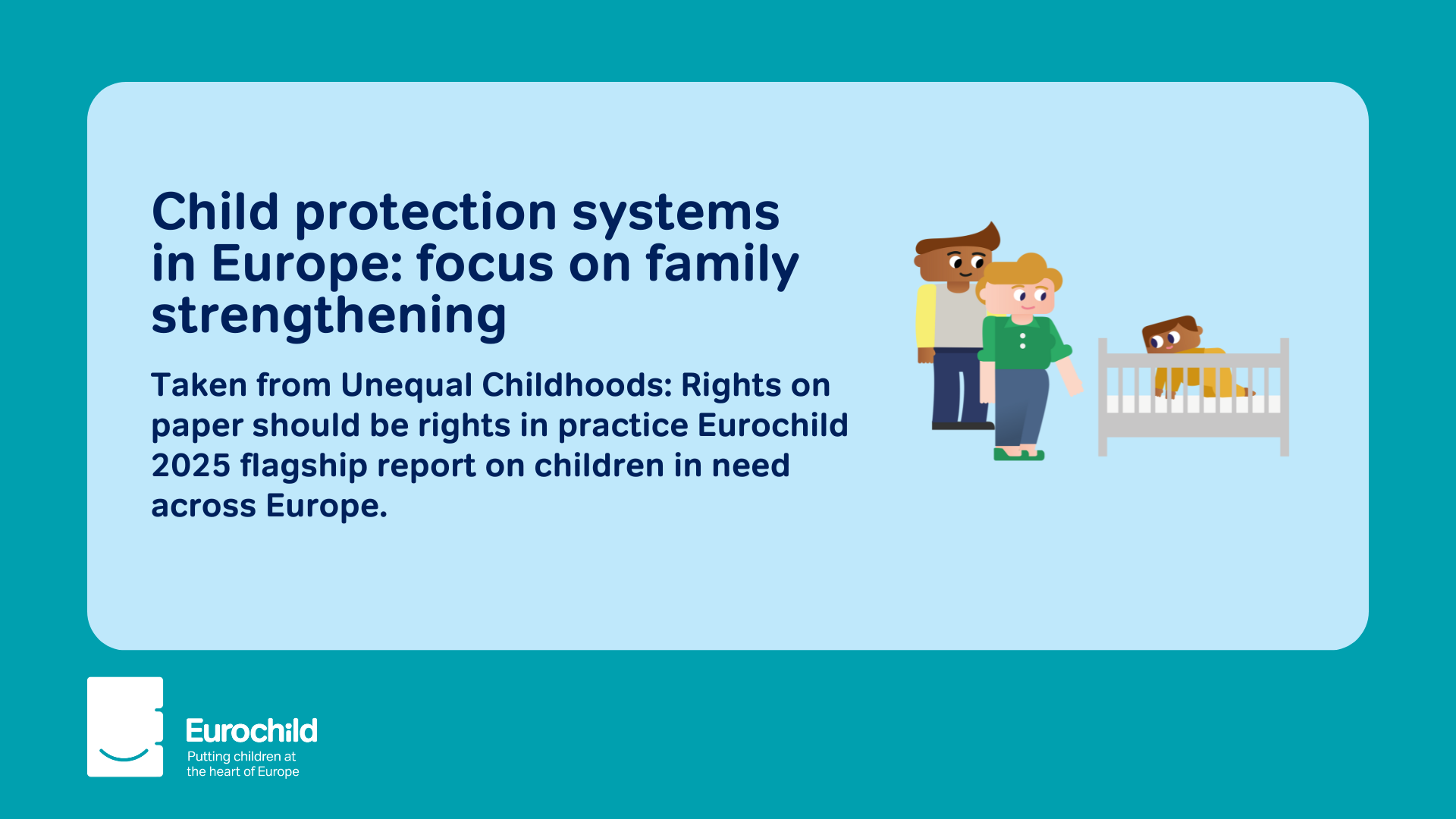Greece should reform and enhance child protection system to prioritise individual needs of every child
Eurochild position paper on developments for children in alternative care in Europe
Eurochild has been advocating for the deinstitutionalisation for children in Greece since 2009 when the Children in Alternative Care National Surveys was published. This survey revealed there is a gap in statistics and information when it comes to children in alternative care in Greece. According to the findings, the majority of children deprived of parental care were placed in institutions.
In 2018, a new law on foster care was adopted. However, the allocation of EU funding was seen as problematic, there was an intention to support the closure of an institution for children and adults with disabilities, but without a strategy or plan on deinstitutionalisation, funds were not directed towards deinstitutionalisation reforms, but have been distributed to children’s institutions.
The process had stalled in Greece, where the child protection system has been overly reliant on residential care, there were 84% of almost 2,000 children still growing up in residential care in 2021. The recently published Greece’s Child Guarantee National Action Plan introduces another step forward by emphasising the need for further transition from institutional to family based care for children.
We call on the Government to step up these efforts and end the institutional care model in Greece.
Over the past years, Eurochild has supported our members in Greece to strengthen the voice of civil society to influence national reform for children in alternative care. For example, we have supported Roots Research Center to position themselves as key national experts through our Opening Doors Campaign (2013-2019) and our provision of technical assistance in Greece (2020-2022).





